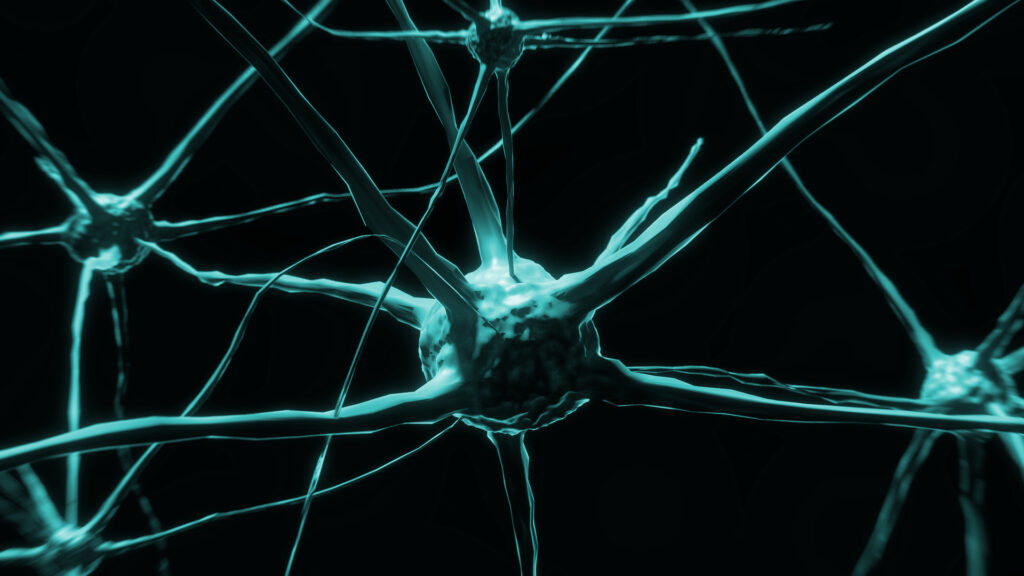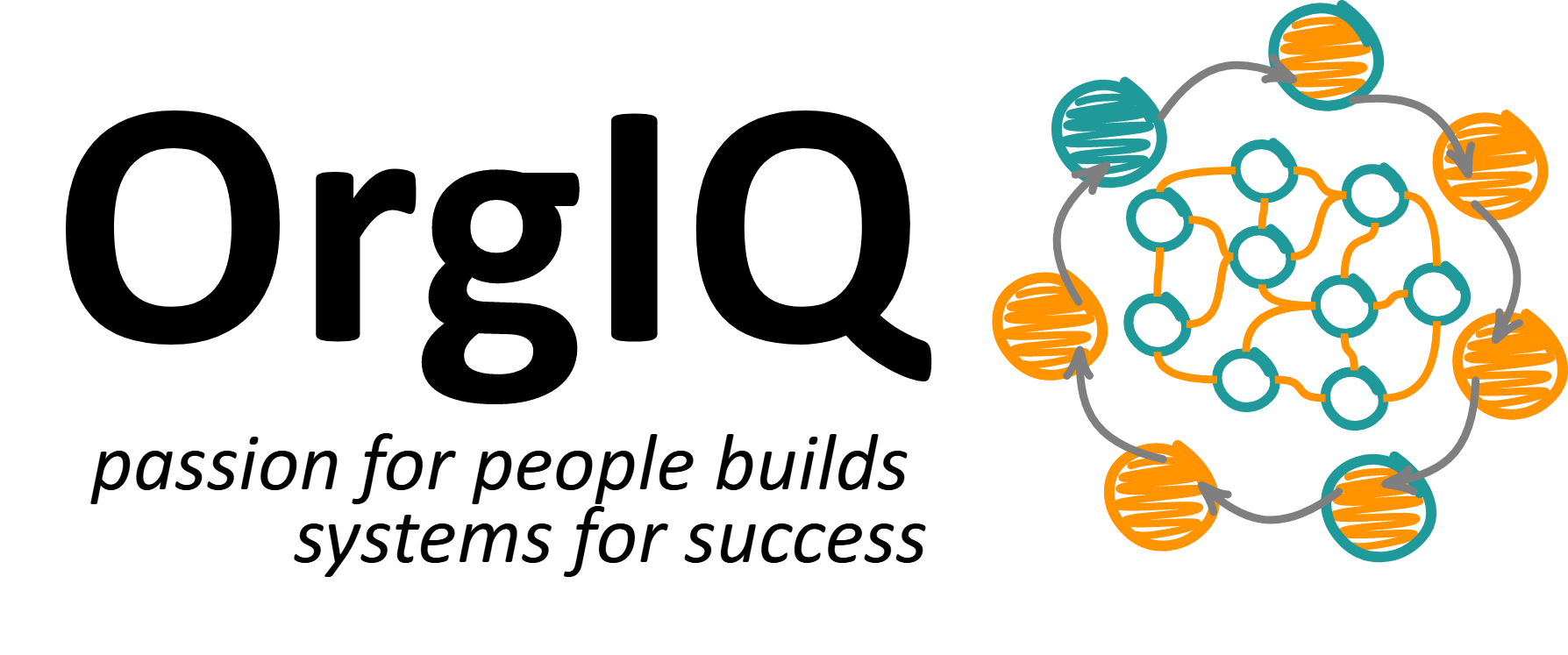Imagine this: a world where cars react to their environment with the grace of a gazelle, smartphones understand your mood before you do, and computers predict your needs seamlessly. This was the dream that drove us, coders and architects, to push the limits of technology. We were not just writing code; we were embedding our intelligence into the digital fabric of the world. But then, we hit a wall. How do we encode every possible scenario, every twist on the road, every flicker of light, into our algorithms?
Enter the paradigm shift: from algorithms to dynamic systems, from stored knowledge to deep learning. It was an acknowledgment that the complexity of the world outstripped our ability to program every contingency. Deep Learning and AI were not just new tools; they were a whole new way of seeing the world. We couldn’t apply old methods to this new realm. We had to let go of control to gain the benefits of flexibility and adaptability.

Now, let’s pivot to organizations. Like the control units in our cars, our organizations have been running on algorithms – sets of instructions we thought could handle any scenario. As engineers of organizations, we fancied ourselves as creators of a grand clockwork, where every gear (employee) fits perfectly, turning in unison to drive the company forward. Efficient, yes, but oh so rigid.
This approach works until it doesn’t. The moment something unexpected comes up, the grand clockwork grinds to a halt. What we need, and what the shift in control units teaches us, is that flexibility and adaptability are not just nice-to-haves; they are essential for survival and growth in today’s complex environment.
Introducing OrgIQ: The Deep Learning Organization
Imagine an organization that mirrors the human brain. Where employees are not gears in a clockwork but neurons in a vast, interconnected network, pulsing with ideas, creativity, and purpose. This is the essence of OrgIQ. Here, we don’t program our employees with algorithms but nurture them with stories, images, and experiences. We define success not by ticking off check-boxes but by the impact we create – the emotions we evoke in our customers, the quality of our products, and the culture we cultivate.
In OrgIQ, learning is continuous. We refine our approach based on real-world outcomes, much like a deep learning system fine-tunes its algorithms based on new data. The focus shifts from controlling every aspect of the process to setting a direction and letting the organization evolve, learn, and adapt.
This paradigm shift from algorithmic to deep learning organizations is not just a change in tools or techniques; it’s a fundamentally different way of thinking about and running organizations. It recognizes the power of human connectivity, the value of diverse perspectives, and the importance of adaptability.
So, what can our organizations learn from the paradigm shift in control units? It’s simple: to thrive in complexity, we must embrace flexibility, foster connections, and focus on purpose. Let’s create organizations that are as adaptive, intelligent, and interconnected as the human brain itself. Welcome to the era of OrgIQ.

Leave a Reply